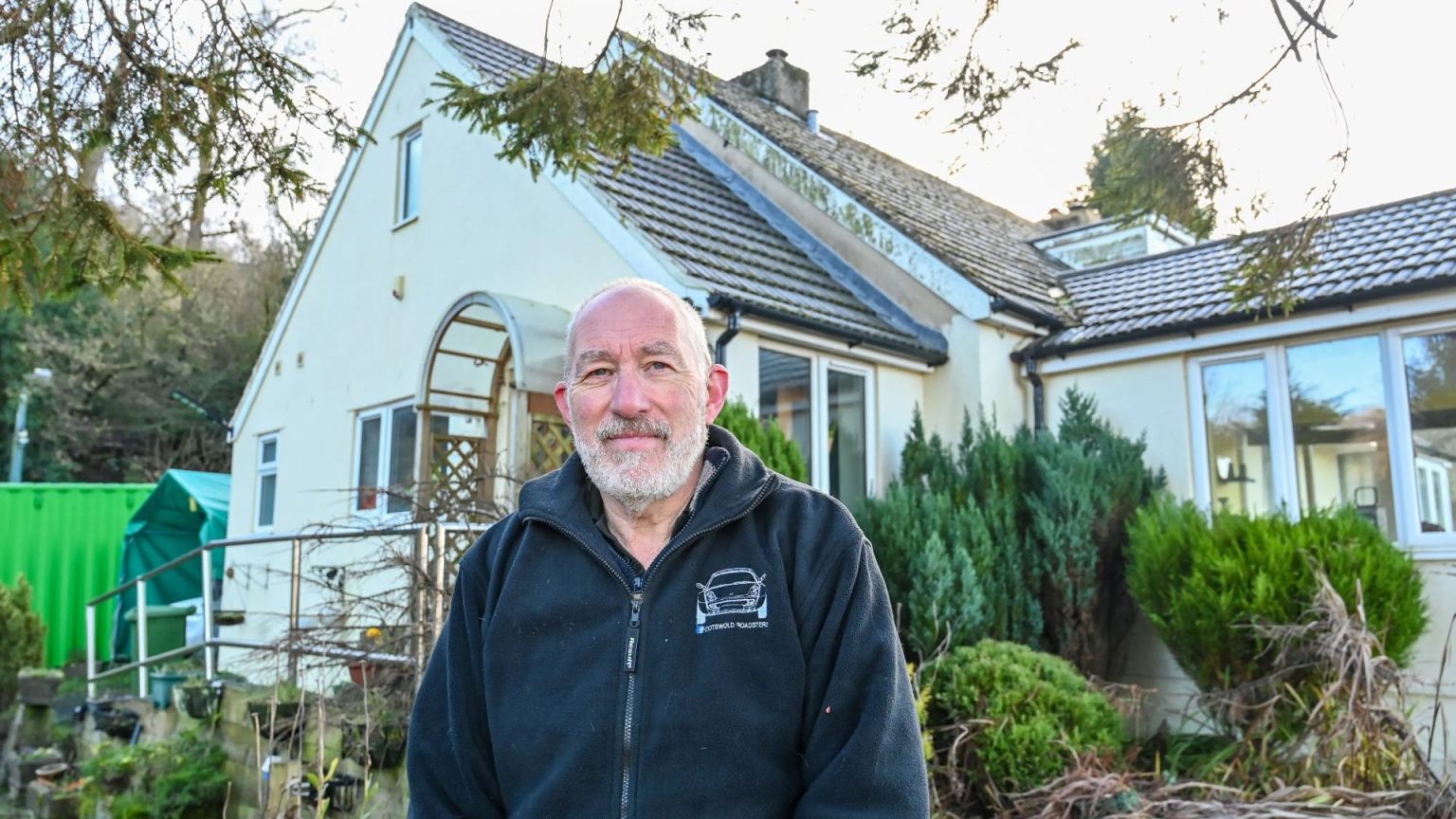The construction of the A417 Missing Link, a three-mile dual carriageway between Gloucester and Cirencester, has dramatically altered the life of Brian Garlick, a pensioner whose home sits adjacent to the project. Initially, National Highways, the government-owned company responsible for England’s major A roads and motorways, had engaged in discussions with Mr. Garlick about purchasing his property. He anticipated selling the 1950s house, inherited from his mother and grandfather, for a sum of £750,000. However, this offer was subsequently withdrawn, leaving Mr. Garlick in a precarious situation. National Highways claims the property lies outside the designated project boundaries, eliminating any viable purchase route. This leaves Mr. Garlick with a house effectively stranded by the new road, accessible only via a specially constructed tunnel, a solution which he initially found both surprising and excessive.
The proposed tunnel, estimated to cost between £4 million and £6 million, will be located a quarter of a mile from Mr. Garlick’s residence. While the precise dimensions remain undetermined, the tunnel’s construction is deemed essential to provide him with access to his home and the outside world once the A417 Missing Link project is completed in 2027. The rationale for the tunnel’s existence extends beyond solely serving Mr. Garlick’s needs; it will also facilitate access to two telecommunication masts and support drainage systems in the area. National Highways insists the tunnel was always part of the project’s blueprint, predating discussions with Mr. Garlick. Currently, he resides in a caravan park, having been displaced by the ongoing construction. To access his home, he must now provide 21 days’ notice, a cumbersome requirement that adds to his difficulties.
Mr. Garlick expresses profound dissatisfaction with National Highways’ handling of the situation, describing it as “diabolic.” He feels abandoned and unsupported, burdened by ongoing expenses like council tax, electricity bills, and other house-related costs despite being unable to live in his home. While National Highways covers his campsite fees and petrol expenses for his caravan, he had to purchase the caravan himself. He laments the lack of apology or meaningful communication from National Highways since being informed of their final decision in June. The entire experience has left him feeling isolated and frustrated. The promised improvements to the road network, while welcome, offer little solace in his current predicament.
The A417 Missing Link project, with a budget of £460 million, aims to alleviate traffic congestion at the notorious single-carriageway bottleneck near Birdlip. The project’s anticipated completion in 2027 holds the promise of smoother traffic flow, but for Mr. Garlick, it presents a complex and isolating reality. He faces the prospect of living in close proximity to a major road, accessible only through a purpose-built tunnel, with lingering concerns about noise levels and the potential need for additional glazing. National Highways has pledged to address any noise issues after a year of the road’s operation, but this offers little immediate comfort.
The conflicting narratives presented by Mr. Garlick and National Highways underscore the complexities of large infrastructure projects and their impact on individuals. Mr. Garlick’s experience highlights the potential for disruption and displacement, even when mitigation measures are planned. National Highways maintains that the tunnel was always part of the project and that Mr. Garlick’s property falls outside their acquisition remit. However, Mr. Garlick recalls a withdrawn offer, leaving him feeling misled and unfairly burdened. This discrepancy raises questions about communication and transparency throughout the project’s planning and execution.
The situation underscores the delicate balance between public infrastructure development and the rights and well-being of individuals affected by such projects. While the A417 Missing Link holds the promise of improved traffic flow and regional connectivity, the personal cost borne by individuals like Mr. Garlick cannot be ignored. His story serves as a reminder of the potential for unintended consequences and the importance of open communication and equitable treatment for those whose lives are directly impacted by large-scale infrastructure projects. The question remains whether the broader public benefit justifies the significant disruption and alteration to Mr. Garlick’s life, and whether sufficient measures are in place to mitigate the long-term effects on his well-being and property value.











